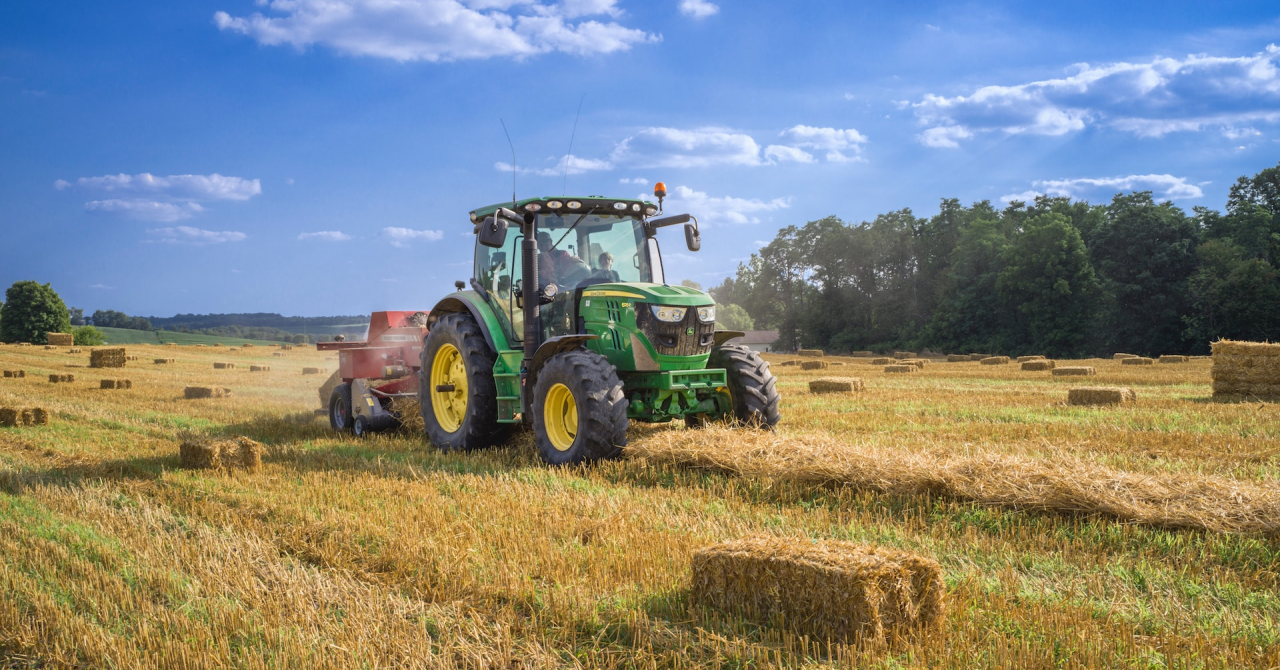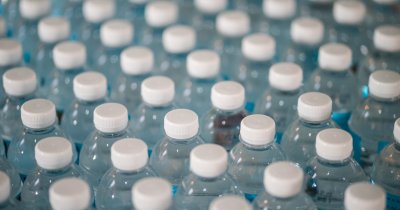As per The Next Web, for the first experiment, Silicate will spray 500 tons of concrete dust on 50 hectares of farmland in Chicago, where the dust will start breaking down into the soil, similar to how rocks erode over time, but at a much faster rate.
The resulted powder then gets into the water streams of rivers and gets carried into the nearest sea or ocean, where it dissolves or lays on the seabed.
To get their hands on the waste stream, in this case concrete, the team at Silicate buys the returned concrete that manufacturers receive from building companies. After the team processes concrete into powder, it sends it to agricultural fields, where it gets sprayed free of charge.
Once experts measure how many carbon emissions have been sequestered in the process, they quantify those into carbon credits, which are being sold to corporate customers.
Maurice Bryson, Silicate CEO and co-founder, said that "we believe our approach of using returned concrete to improve both the productivity and the carbon removal potential of farmland could be game-changing, as it is low-cost, it is safe to apply to agricultural land, and it uses an abundant material that is easy to source."
For reference, from the initial 500 tons concrete powder trial that is soon to take place, Silicate believes that it will be able to permanently remove around 100 tons of CO2 emissions from the atmosphere, while also improving soil health and productivity for farmers.
Scientists believe that in the American Midwest alone this technology could be used to remove around 50-100 million tons of CO2 annually.
 Mihai - Cristian Ioniță
Mihai - Cristian Ioniță












Any thoughts?